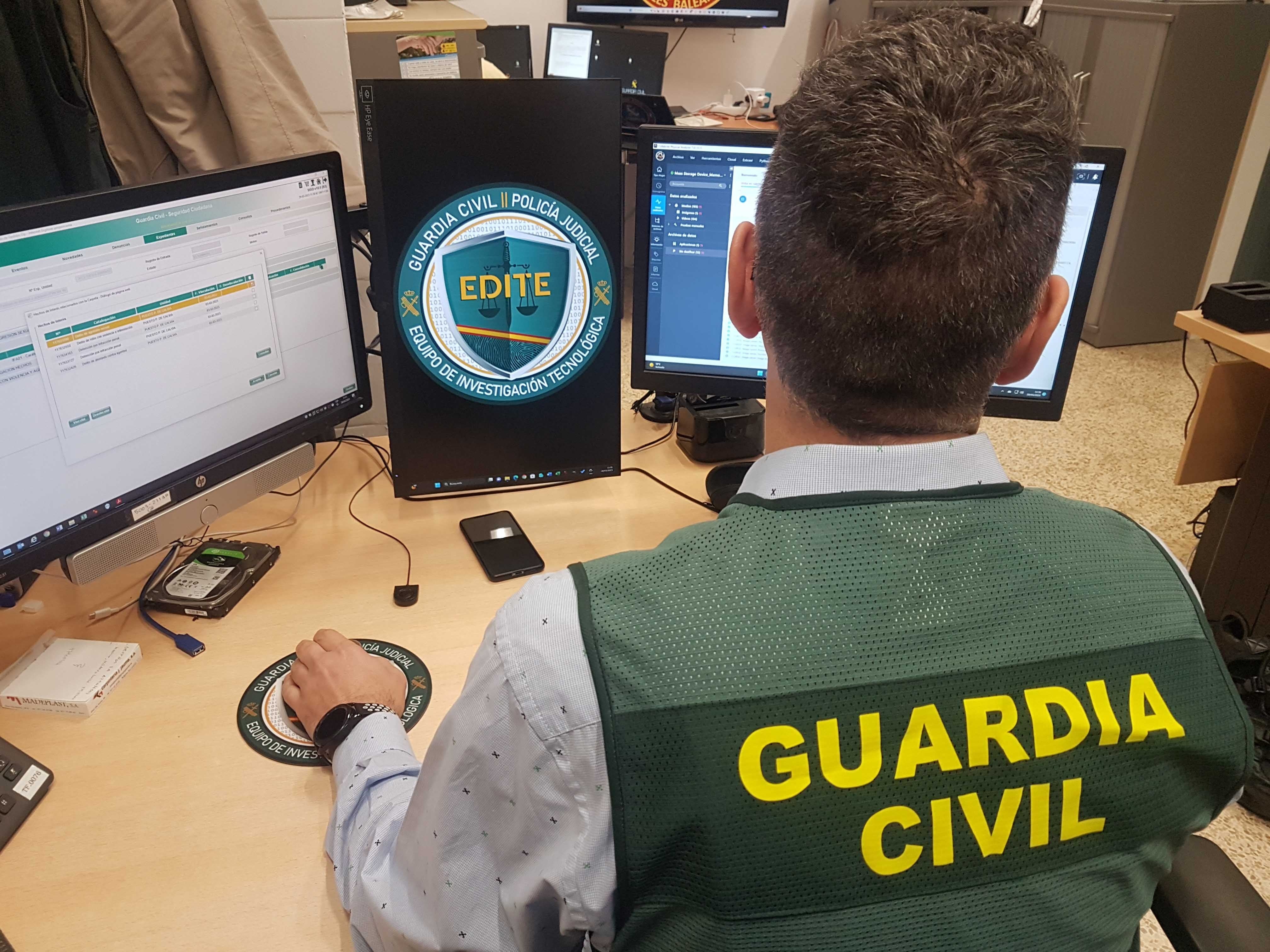Spain's Audiovisual Future: Navigating AI and IP Regulation
Top executives, government leaders, and international figures convened at the San Sebastián Film Festival this Sunday for the third edition of "Leading the Audiovisual of the Future." The conference, hosted by Spain’s Ministry for Digital Transformation and Public Service, focused on Spain's position in the European audiovisual industry and how to navigate a constantly evolving market.
Key Themes: AI and IP Protection
This year's discussions centered around two key themes: artificial intelligence (AI) and the urgent need for improved regulations in Spain to protect Spanish Intellectual Property (IP). Participants explored how Spanish professionals can thrive amidst constant industry changes, particularly concerning these critical issues.
Government Commitment to Audiovisual Growth
María González Veracruz, Secretary of State for Digitalization and Artificial Intelligence, emphasized the importance of the conference as "the consolidation of a space" and noted that Spain’s success as a non-English audiovisual content producer in Europe hinges on the collaborative efforts of those present. The government plans to continue investing in the sector. Ignasi Camós, director of Spain’s Institute of Cinematography and Audiovisual Arts (ICAA), stressed the importance of enhancing creative, technical, and production talent and positioning Spain as a bridge between Europe and Latin America through international projects and co-productions.
European Producers Club Concerns Over AgoraEU Regulation
The conference coincided with a statement from the European Producers Club (EPC) expressing concerns about the proposed AgoraEU Regulation (2028-2034), a European Union program designed to support culture and media. The EPC fears the "new MEDIA strand raises serious concerns for the future of independent European audiovisual creation" due to potential "weakened support for independent productions," "unclear budget and shifting priorities," and "open doors to non-European entities."
Conference Takeaways: AI, Cultural Homogeneity, and IP Rights
The conference highlighted key takeaways related to AI, cultural sovereignty, and intellectual property. Discussions revolved around preventing cultural homogeneity, addressing the digital habits of young audiences, and managing the rise of AI programs developed by foreign entities.
AI: A Tool for Job Creation
Carlos Fernández de Vigo, CEO at Professor Octopus AI Laboratory, addressed apprehensions about AI, highlighting its potential to create new jobs. He stated that AI makes previously unviable projects possible, leading to new business models and employment opportunities. Nathalie Martínez, president at the Spanish Federation of Animation and Visual Effects Producers Associations (Diboos), emphasized that technology, including AI, has always been integral to cinema and should be viewed as a tool that enhances, rather than replaces, human capabilities.
Combating Cultural Homogenization
Martínez warned against the cultural homogenization that could result from relying solely on technology developed and championed by other countries. She advocated for creating original stories that represent Spanish identity and culture. Lucía Recalde, Head of Creative Media Unit at the European Commission, echoed these concerns, citing the increasing dominance of non-European streamers like Netflix, Disney, and Amazon Prime Video in the Spanish market, according to the Media Outlook Report for 2025.
Protecting Spanish Intellectual Property
A central theme of the conference was the need to protect Spanish IP. Alfonso Blanco, president of the Galician Audiovisual Cluster, called for a law that safeguards creators and their products, similar to existing regulations in countries like France and the UK. Alfonso del Río, director at Culture CAP7, emphasized that rights retention is crucial in financing conversations and that creatives should have the capacity to assume risks while retaining ownership of their ideas.
The Importance of Distribution
José Antonio de Luna, co-founder of Filmin, argued that focusing solely on creation is insufficient if content cannot reach its audience. He and Recalde pointed out the need to address the limited international reach of European films and the dominance of U.S. films in the Spanish domestic market.
Challenges in European Co-Production
Discussions also addressed the difficulties in co-producing with other European countries. De Luna noted a lack of a fully European model and the necessary tools for implementation. Helena Suárez Jaqueti, partner at law firm ECIJA and founder of E-LAB, highlighted the complexities arising from different legal guidelines across EU countries. Clara Ruipérez, director of legal content strategy at Movistar Plus+, pointed out that the co-production model, while gaining traction in film, remains challenging to implement in TV.
 Visit the website
Visit the website





